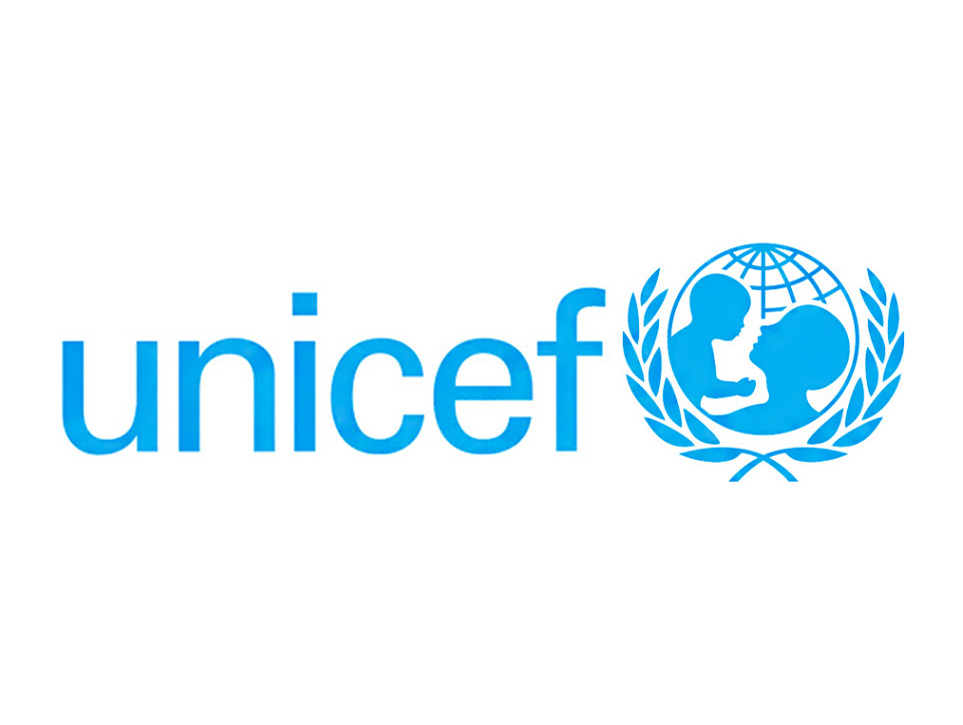Children in South Asia at risk as coronavirus disrupts immunisation drive: UNICEF
ISLAMABAD/PESHAWAR: Disruptions to immunisation programmes across South Asia due to the coronavirus pandemic are upending attempts to vaccinate millions of children against deadly diseases, the United Nations' children's fund UNICEF warned on Tuesday.
The pandemic has interrupted vaccine supply chains and left families fearful of attending clinics, UNICEF said, creating another looming health crisis in a region where 4.5 million children were not fully immunized against diseases such as measles, diphtheria and polio.
"While the COVID-19 virus does not appear to make many children seriously ill, the health of hundreds of thousands of children could be impacted by this disruption of regular immunization services," said Jean Gough, director of UNICEF's South Asia office, in a statement. "This is a very serious threat."
More than 1.5 million people die globally of diseases that could be prevented by vaccinations, according to UNICEF.
Pakistan, which along with Afghanistan is home to one of the world's last polio outbreaks, has suspended its vaccination campaign against the crippling disease.
In one epicentre, the north-western province of Khyber Pakhtunkhwa, senior government officials and health workers told Reuters they were concerned about a possible rise in the polio cases. "We completely stopped our efforts since the COVID-19 pandemic in the country and missed two important campaigns so far," said one official with the polio eradication programme in Peshawar, adding he expected it would be months before the campaign could resume.
Globally polio cases have been cut by more than 99% since 1988, but it remains endemic in Pakistan and Afghanistan. More than 100 people were infected in Pakistan in 2019, a resurgence from a record low global annual figure of 22 cases in 2017.
Spokesmen for Pakistan's health minister and Khyber Pakhtunkhwa's provincial government did not immediately respond to request for comment.
Pakistan's polio eradication programme, which has long had to battle against rumours and social media campaigns claiming the vaccine is harmful to children, sends workers into communities to educate families on the benefits of immunisation.
But since the outbreak of the new coronavirus, which causes COVID-19 lung disease, workers have been reassigned.
"Since the polio campaign stopped ... in February, we are tracing people arriving from overseas, those having symptoms similar to coronavirus and holding meetings with local residents and prayer leaders to ensure social distance in mosques," said one worker in Peshawar.
"I am doing a completely different job... I fear the number of polio cases will definitely rise after the coronavirus outbreak is over."






